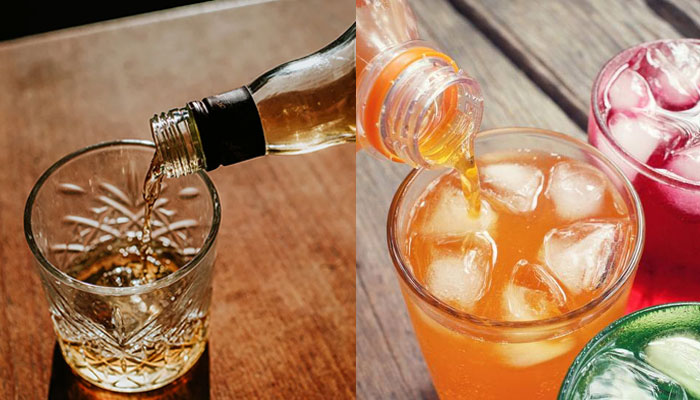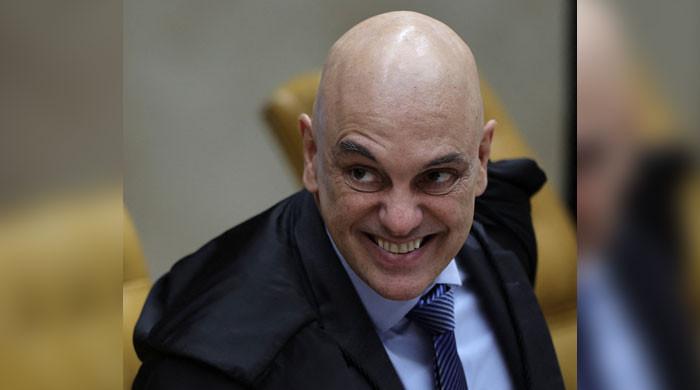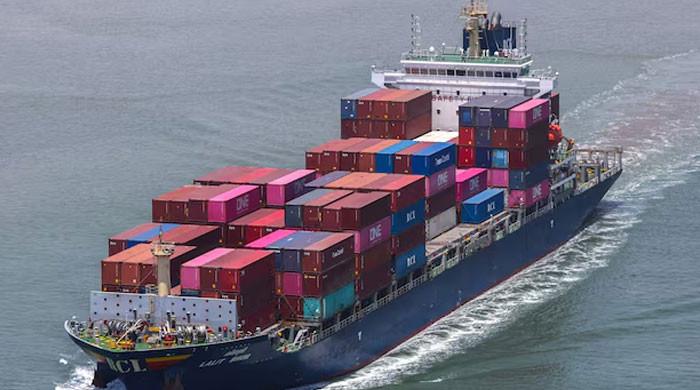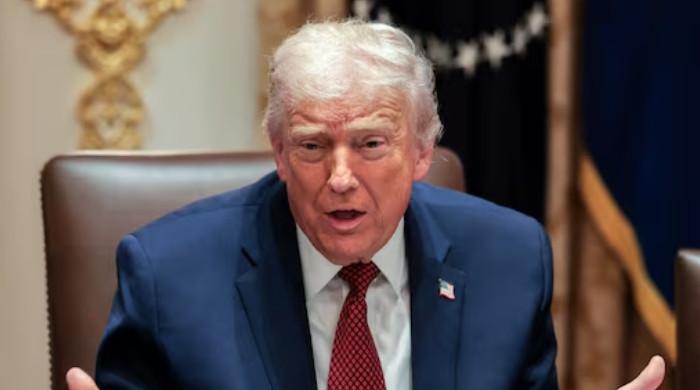Sodas kill 8m, alcohol 2.6m people every year — Which one be taxed more?
WHO emphasises the urgent need for countries to raise taxes on alcohol and sugary beverages
December 05, 2023

A recent report by the World Health Organization has revealed that globally, 2.6 million deaths annually result from alcohol consumption, while over 8 million deaths are attributed to an unhealthy diet specifically sugary sweetened beverages (SSBs).
However, the report is not intended to promote consumption of alcohol but to cut back of usage of both. WHO emphasises the urgent need for countries to raise taxes on alcohol and SSBs, citing new data showcasing a low global taxation rate on these unhealthy products.
The majority of countries, as revealed by the findings, are not leveraging taxes to promote healthier behaviours. To assist nations in this endeavor, WHO is releasing a technical manual on alcohol tax policy and administration.
While 108 countries are taxing some form of sugar-sweetened beverage, the global average excise tax represents merely 6.6% of soda prices. Notably, 148 countries have implemented excise taxes on alcoholic beverages, with wine exempted in at least 22 European countries.
The excise tax share in the price of the most sold brand of beer globally is 17.2%, and for the most sold spirits type, it is 26.5%.
Dr. Rűdiger Krech, Director of Health Promotion at WHO, emphasises the positive impact of taxing unhealthy products on creating healthier populations, preventing diseases, and generating revenue for public services. Case studies, such as Lithuania's 2017 alcohol tax increase, demonstrate a decrease in alcohol-related deaths and increased tax revenue.
Research indicates that taxing alcohol and SSBs not only curtails their use but also incentivises companies to produce healthier alternatives. This approach aids in preventing injuries and noncommunicable diseases like cancers, diabetes, and heart disease.
A recent Gallup Poll, conducted in collaboration with WHO and Bloomberg Philanthropies, indicates widespread support for increasing taxes on unhealthy products.
WHO recommends the application of excise taxes to all SSBs and alcoholic beverages. The release of the alcohol tax manual complements existing manuals on tobacco and sugar-sweetened beverages, highlighting the global importance of effective taxation policies for public health.









